NPRA Boss Calls For Harmonization Of African Downstream Market
Sierra Leone’s Director General of the National Petroleum Regulatory Authority (NPRA), Brima Baluwa Koroma, participated in the landmark Global Commodity conference on the Refined Fuel Market in Abuja, Nigeria. This inaugural conference was hosted by Platts S&P Global and the National Mid and Downstream Petroleum Regulatory Authority of Nigeria.
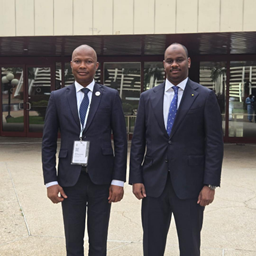
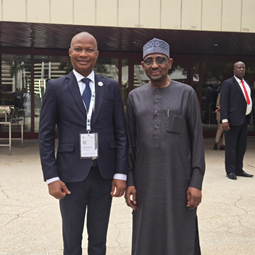
The conference, draws petroleum regulators in African countries, petroleum marketing companies, refiners, energy experts and other recognized petroleum players in Africa like the Nigerian Midstream and Downstream Petroleum Regulatory Authority (NMDPRA), the Nigerian National Petroleum Corporation (NNPC), NPA, SONAP and the leading petroleum group in Africa, the Dankote Petroleum Refinery, which is the biggest refinery in the entire Africa and the sixth largest in the world.
The conference objectives align with the emerging global realities of Energy Security and sustainability; correcting the challenges in the petroleum sector and refined commodity flow in Africa on the need to take responsible leadership in providing the necessary space on energy for its citizens, while exponentially increasing the energy efficiency in Africa and prosperity across the world.
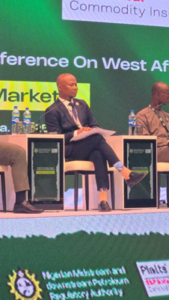
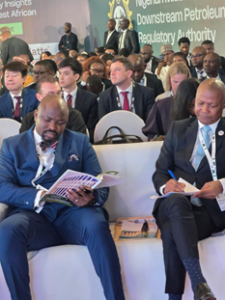
In his address, Sierra Leone’s Director General of the National Petroleum Regulatory Authority (NPRA); Brima Baluwa Koroma, shared his deep-rooted commitments in Sierra Leone’s Petroleum landscape in the last six years, which is a pathway, positioning the industry in the African Continent as one of the productive sectors.
Baluwa Koroma said, in a region where over 70% of refined petroleum products are imported, despite its immense hydrocarbon potential, which fuel costs account for over 40% of national import bills in some ECOWAS countries; placing a burden on both government and citizens where price volatility, supply chain inefficiencies, and quality disparities persist; a harmonized regulatory landscape is not a luxury, it’s a necessity.
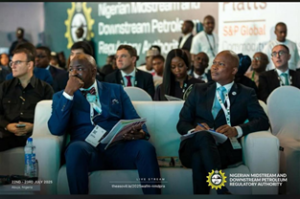
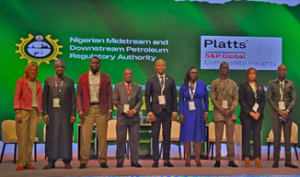
“The fragmentation of laws, policies, standards and tax regimes across West Africa weakens our collective leverage and stifles investment. It creates cross-border inconsistencies in fuel trade and pricing, uncoordinated subsidy policies and tariff structures, unfair competition and regulatory arbitrage, and reduces investors’ confidence. As regulators, we are constantly grappling with volatility, global oil prices, supply disruptions, suboptimal refining capacity, infrastructural gaps, and regulatory inconsistencies. These challenges are not unique, but what is new is the growing consensus that regional integration is not just desirable; it’s necessary and timely,” Baluwa Koroma noted.
The Director General appealed to his colleague regulators to institutionalize a coordinating regional technical group of downstream regulators to be sharing industry best practices with one another, align policies, working models, promoting joint initiatives recalling commercial best practices from East Africa and SADAC for South Africa.
On the sidelines of the conference, the Director General of NPRA held bilateral engagements with his colleague counterparts that are over tanked to prioritize Sierra Leone as a viable partner for development and Petroleum storage for the Region.
He fully supported the need for a regional fuel pricing benchmark and regulatory alignment in the African Region.
The African Downstream Regulators Association was unanimously established, including NMDPRA, Nigeria, DGH, Côte d’Ivoire, NPRA, Sierra Leone, SONAP Guinée, NPA Ghana, ARSE, Niger, CSPH, Cameroon, CNHY, Mauritanie, OMH, Madagascar, PAU, Uganda, ERB, Zambia, EWURA, Tanzania, CRSE, Sénégal, PURA, Gambia, ZERA, Zimbabwe, MERA, Malawi, ARSAT, Chad, IRDP, Angola, EPRA, Kenya, ESERA, Eswatini energy and other petroleum experts in order to harmonize the African downstream market.
NPRA Media & Public Relations Department